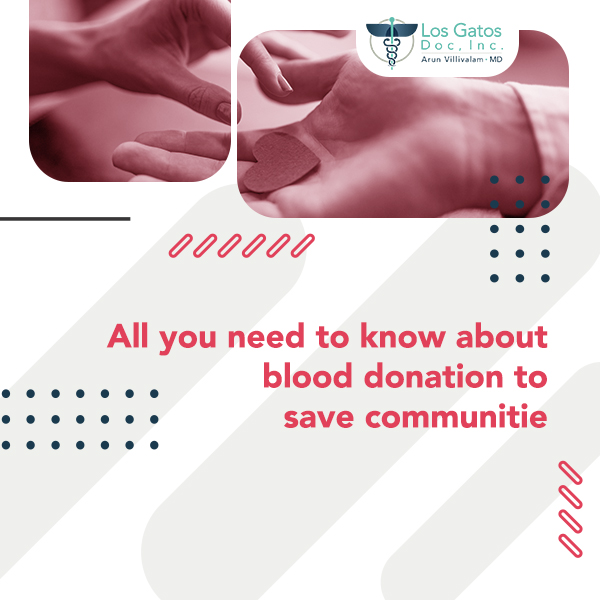As doctors, we witness how blood donation helps save lives. Blood donation can significantly improve others’ health and help improve medical care systems.
But, not all are eligible for blood donation. We discuss the crucial factors for donating blood, who can and cannot donate blood, and the essential rules for blood donation and those in need of blood transfusions.
Basic Eligibility Rules For Blood Donation
Here are some conditions for donating blood as per the American Red Cross Blood Services.
Age: You must be at least 17 years old to donate blood. Some states may have a lower age limit of 16 years for donors with parental consent. Some blood donation facilities may impose an upper age limit for donors besides the minimum age requirement. This is because older people may have specific medical issues that prevent them from donating or put them at greater risk as a result of blood donation.
General Health: You should be in good general health, free from infections, and not suffering from any serious ailments if you’re considering donating blood. You must be physically fit and maintain a healthy weight to be eligible to donate blood.
Weight: Donors must normally weigh at least 110 pounds, which is the standard minimum weight requirement. This requirement aids in ensuring that donors have sufficient blood volume to spare without endangering their own health.
Hemoglobin levels: The protein that delivers oxygen in red blood cells is called hemoglobin. Before accepting contributions, blood banks routinely assess hemoglobin levels to make sure the donor has enough healthy red blood cells. The required minimum hemoglobin level can change, however, it often falls between 12.5 and 13.5 grams per deciliter (g/dl).
Medical History: If you plan to be a donor, you must be honest about your medical history. Some illnesses or conditions may make you unsuitable for blood donations. Cancer, heart disease, hepatitis, HIV/AIDS, and a few autoimmune illnesses are some typical conditions that prevent you from donating blood.
Recent Illness or Surgery: You may be temporarily ineligible to donate blood if you had a recent illness or surgery. You should be healthy and fully recovered from any illnesses and surgeries before donating blood.
Breastfeeding and Pregnancy: We do not encourage blood donation by pregnant and nursing women. During pregnancy, the body needs more blood volume, and nursing moms must maintain a sufficient quantity for their infants.
Recent Piercings or Tattoos: Some donation facilities have waiting periods for people who recently had piercings or tattoos. This safety measure is in place to reduce the possibility of spreading blood-transmitted diseases to the receiver.
Risky habits: You may be prohibited from donating blood if you engage in certain habits that raise the risk of developing blood-borne infections. Unprotected sex, consuming illegal substances, and having intimate contact with someone who has a blood-borne infection are a few examples of these risky behaviors.
How Should You Prepare For Blood Donation?
Here are some tips for preparation for healthy blood donation.
Condition: You should be in a healthy condition on the day of blood donation. If you’re not keeping well, it’s best to wait until you feel better to donate your blood.
Lifestyle: Make sure you’ve had sufficient sleep, i.e. around 7-9 hours of night sleep. Have a healthy breakfast and lunch, if you’re donating blood later in the day.
Hydration: You need to be well-hydrated if you’re donating blood. Have extra glasses of water the day you come for blood donation. Have another glass of water around 10-30 minutes before donating blood.
Registration: Get your photo or Driving License or Red Cross Donor card as identification. Blood donation facilities might ask for your address to contact you post the blood donation. They’ll brief you on the eligibility rules for blood donation.
Pre-Screening: You will have a private interview to know your health history, travel history, and current medications. This process could involve completing a health questionnaire and medical tests.
Consider voluntary blood donation to save lives
Americans require blood transfusions every year for a range of health conditions such as surgery, chronic illnesses, and childbirth. But not all who require blood receive it because of the shortage.
Your voluntary service to donate blood can help save many lives.
Please think about donating your blood or plasma if you are eligible for it. Your voluntary blood donation service can help save a life. Visit your nearby best clinic for blood test in Los Gatos to learn more about blood donation.






